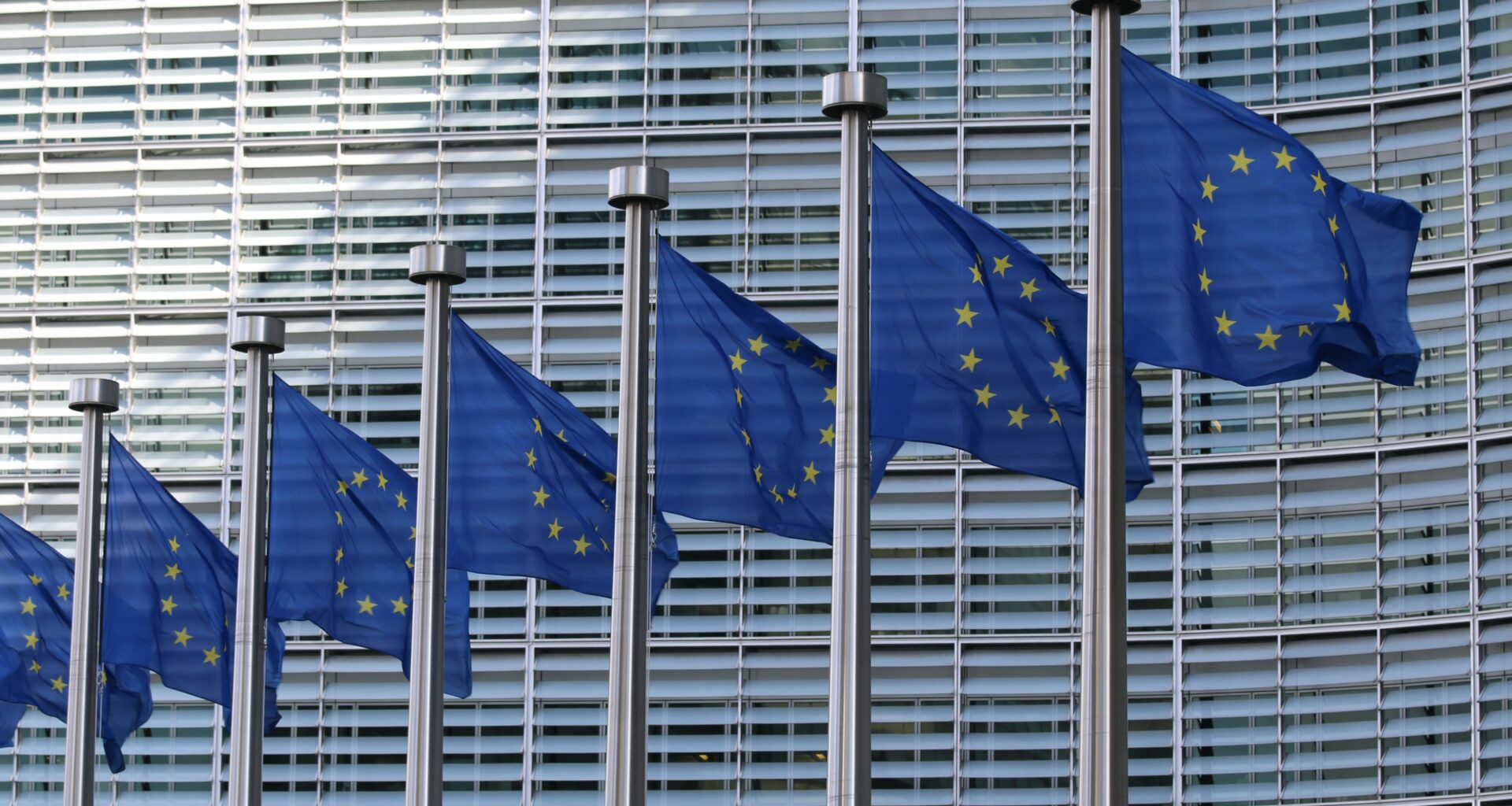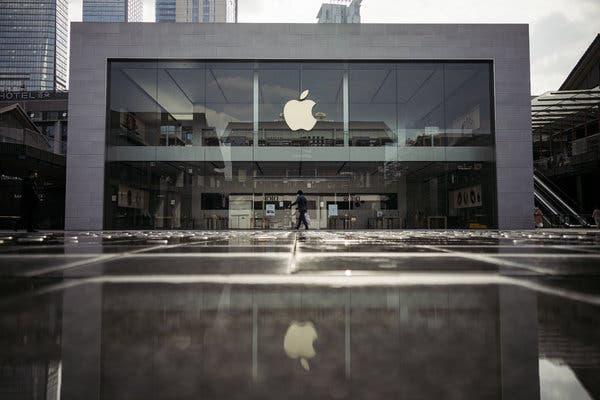In a strategic response to the overwhelming influence of foreign tech giants, Europe is embarking on a mission to nurture its own technology powerhouses. The continent, long dominated by major players from outside its borders, is now actively pursuing initiatives to foster the growth of indigenous tech companies capable of competing globally.
Throughout the digital economy, Europe has found itself playing catch-up. The most popular phones are crafted by Apple in California and Samsung in South Korea, social networks are dominated by Facebook, online search and advertising belong to Google, and e-commerce is controlled by Amazon. Even European businesses rely on the cloud infrastructure of American giants like Amazon and Microsoft. The region’s wireless networks are predominantly constructed using equipment from the Chinese tech giant, Huawei.
In response to this heavy reliance on non-European tech entities, the European Union (EU) has unveiled plans to reclaim what officials term as “technological sovereignty.” The initiative includes proposals for more stringent regulation of major tech platforms, fresh rules governing artificial intelligence (AI), and increased public spending to bolster the European tech sector.
Officials underscored the significance of this effort as a “generational project,” expressing growing concerns among European leaders about an overreliance on services provided by foreign companies. With the global economy increasingly centered around technology, European countries face potential challenges in creating jobs and generating tax revenue to fund essential government services.
We want to find European solutions in the digital age.
Ursula von der Leyen, the President of the European Commission
Ursula von der Leyen, the President of the European Commission, the EU’s executive branch developing the policy, stated, “We want to find European solutions in the digital age.”
However, the proposals introduced on Wednesday were more explicit in identifying the problem than in offering specific solutions. The commission has initiated a consultation period expected to last much of the year before concrete legal proposals are formulated.
EU Outlined Broad Ideas:
- Greater Scrutiny for Tech “Gatekeepers”: Companies acting as intermediaries between businesses and customers, such as Amazon, Apple’s App Store, Facebook, and Google, will face heightened scrutiny. The focus will be on their data practices that may provide them with an unfair advantage over competitors.
- Artificial Intelligence Oversight: Fresh government oversight will be introduced for artificial intelligence technology, particularly in areas like health, transportation, and policing, where automated systems pose potential risks. AI systems in these “high-risk” domains will need independent testing and certification before deployment in the 27 EU countries.
While the proposals suggest a move towards nurturing European tech businesses and challenging overseas tech giants, the details and concrete measures are yet to be fully defined. This initiative has the potential to escalate trade disputes, particularly with the United States, as Europe seeks to assert its technological independence.
Margrethe Vestager, the European Commission Vice President overseeing digital policy, emphasized the need for scrutiny in deploying facial recognition technology across Europe. She noted that the ethical use of AI depends on its purpose and application.
The outlined standards also include provisions for industries to share data within the European Union, facilitating collaboration among companies and researchers. This aims to enhance competitiveness against global tech giants that currently dominate much of the world’s data.
However, establishing Europe as a leader in the tech industry faces challenges, given the formidable competition from experienced and resource-rich companies in the United States and China. Kevin Allison from Eurasia Group in Berlin highlighted the difficulties of executing proposed ideas and strategies, an area where Europe has historically struggled.
The proposals may encounter resistance in Washington, especially after the Trump administration’s threats of retaliation against France’s attempt to tax American tech giants. The attention of major tech companies, including Facebook, Apple, Google, and Microsoft, indicates the significance of these regulatory developments.
While Europe has led in technology regulation, particularly in privacy and antitrust, it has struggled to nurture its tech ecosystem. The proposed regulations are part of a broader debate in Europe about the government’s role in supporting European businesses against foreign competitors, addressing concerns about dependency on tech companies viewed with distrust.












